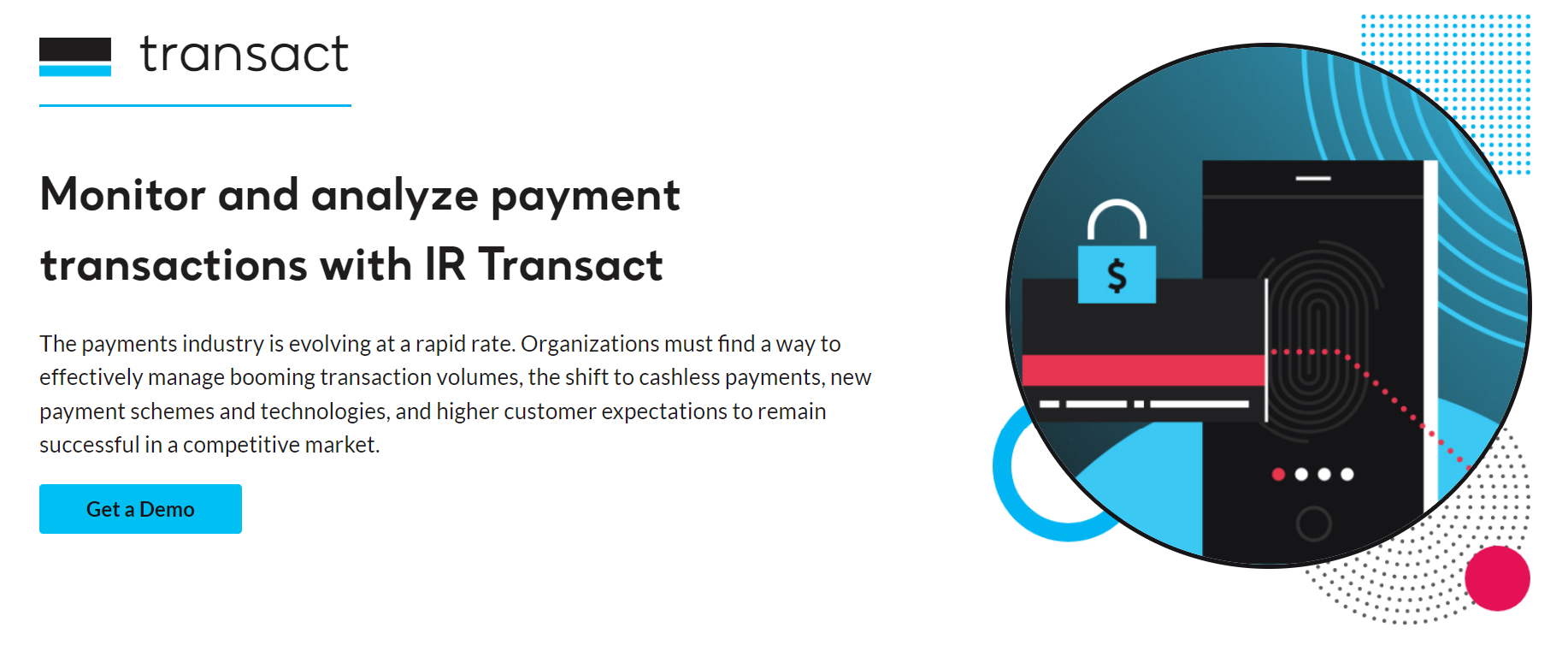The dynamic global payments landscape is no stranger to transition, but in the last few turbulent years, fierce competition, technical innovations, constantly wavering exchange rates and unprecedented levels of growth have seen a rapidly growing global payments ecosystem.

Globalization over the last decade has reshaped almost every aspect of international payments services, yet many international payments practices remain ineffective or inefficient. This means back-end global payment systems need to be reassessed and refined to assure that cross border payments can be made quickly, efficiently, and without the huge costs and overhead expenses associated with global payment processing.
In this post, we’ll focus on the role of global payment processing companies, discuss alternative payment methods, and take you through how the global payment process works as a whole.
Want to find out more about real time payments from a global perspective?
What is global payment processing?
A global payments system enables companies and merchants around the world to send and receive payments in different currencies. Businesses that are solely domestic can operate with a local bank account, but when business operations expand to another country, transferring funds from one bank account to another in that country's currency can become tricky.
Typically, the process is clunky and involves hefty conversion fees, so this is where global payment processors step in to streamline the process. Today the process of money transfer between different countries has become easier, and more cost-effective because of global payment processing companies.
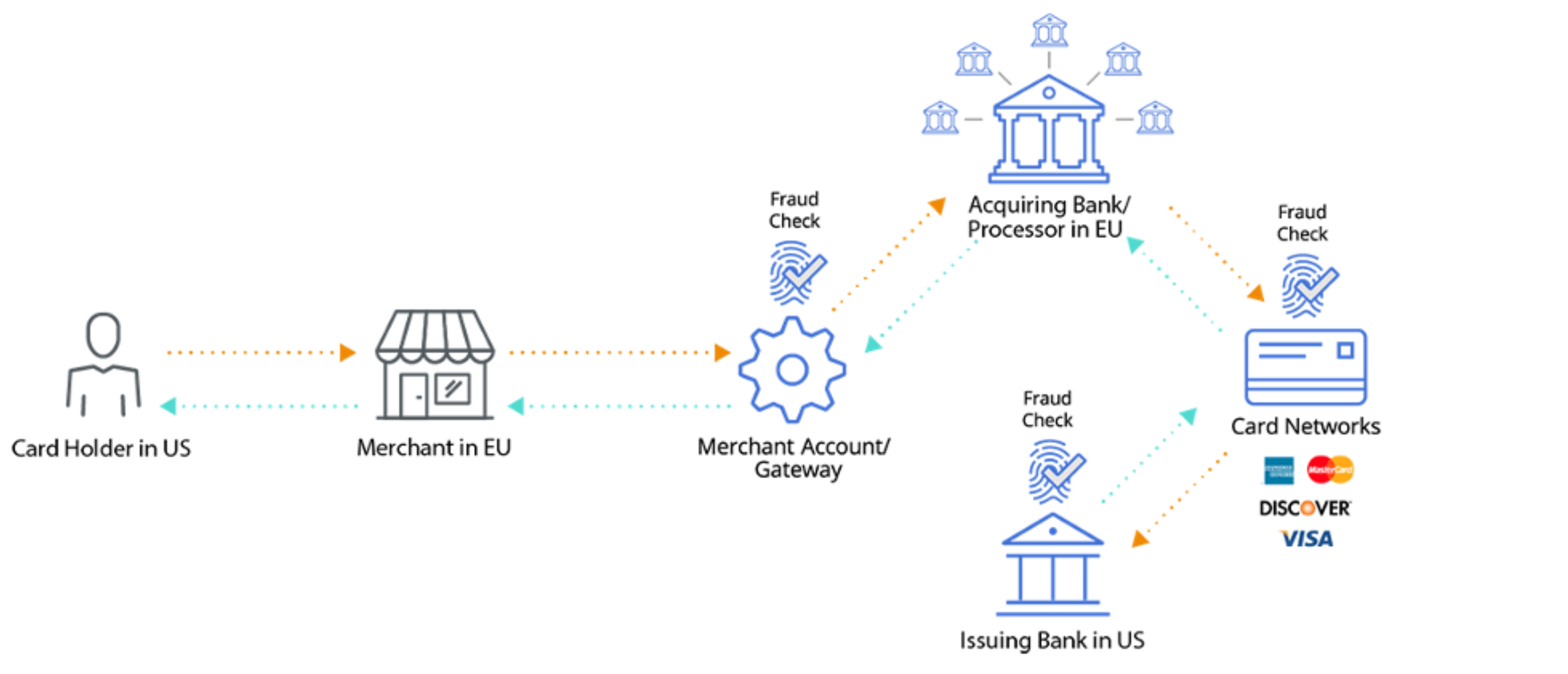
The importance of global payments
Businesses operating in a global economy rely on international payments, and the ability to manage global payments effectively enables businesses to extend their reach, as well as securing global supply chains and having access to diverse talent stables.
For businesses that do rely on international trade, the ability to make and receive payments quickly and efficiently is critical.
Depending on the type of industry, a global payments system can include a wide range of business activities, like paying overseas suppliers for goods, having the means to pay employees abroad, acquiring assets in a different country, or receiving payments from foreign clients.
How does global payment processing work?
Global payment systems are necessary when the issuing (customer’s) bank and the acquiring (merchant’s) bank are not located in the same country.
As localized payment methods and international payments are processed very differently, global payment processing takes up a lot of time and energy for an organization's accounts payable (AP) department.
Global payments could be in exchange for goods and services, or to pay fees or salaries. Global payment processing, and indeed the entire cross-border transaction process can be complex. It involves several players and a series of steps to move money across international borders. This includes the involvement of a global payment processor.
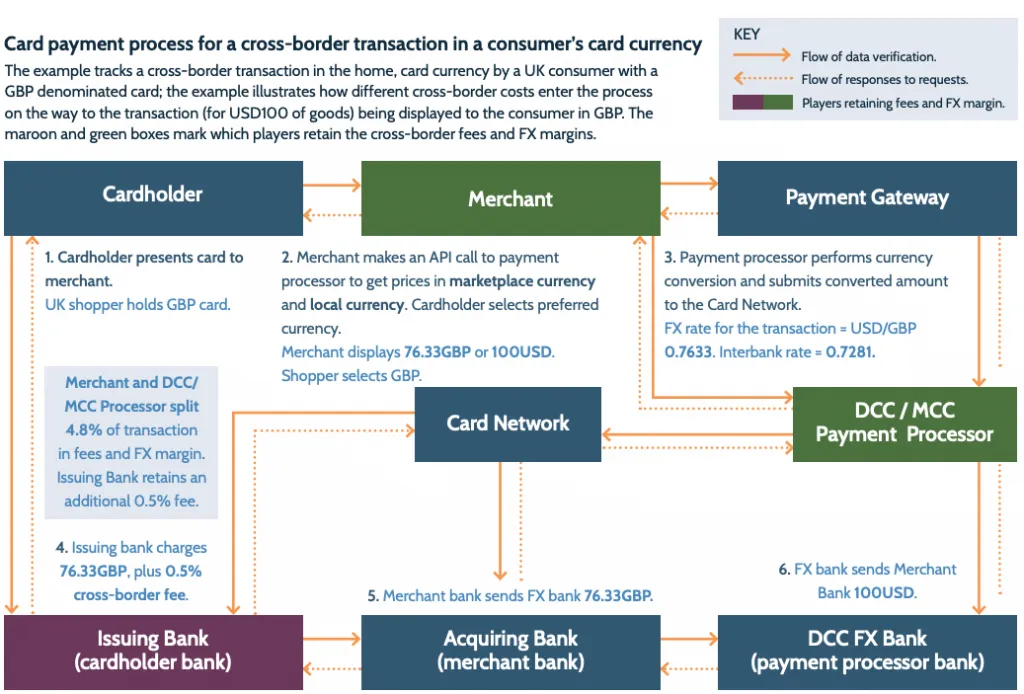
Image source: FXC Intelligence
What is a global payment processor or system?
Essentially, a global payment processor is a payment platform that facilitates transactions and payment solutions between parties located in different countries.
A global payments processor is vital to an organization with international operations, as their job is to help move money from one bank account to another, through payment gateways, and to solicit the co-operation of participating financial institutions.
Global payment processors act as intermediaries, or agents between foreign banks, relaying payment details to the issuing bank, which then approves (or declines) the payment and when approved, transfers the funds to the recipient’s account in their domestic currency.
The job of a global payment processor is to make cross-border transactions as financially painless and streamlined as possible for the sender. They do this by utilizing specific payment methods, offering multiple currencies, handling regional regulatory differences, and partnering with different local acquirers.
What are integrated payments?
Lightning fast growth in both trade and the payment industry means that corporate treasurers require increased transparency and visibility. Effective management of trade and cross-border payments is vital to any organization, so exploring alternative payment options that can offer more competitive fees, better exchange rates and even the opportunity to negotiate based on settlement currency is incredibly important.
Integrated solutions connect the payment processing function with other vital business systems and software. When all the systems are compatible, and there is visibility throughout payments systems, it’s easier for a merchant to accept payments and consolidate and analyze important data.
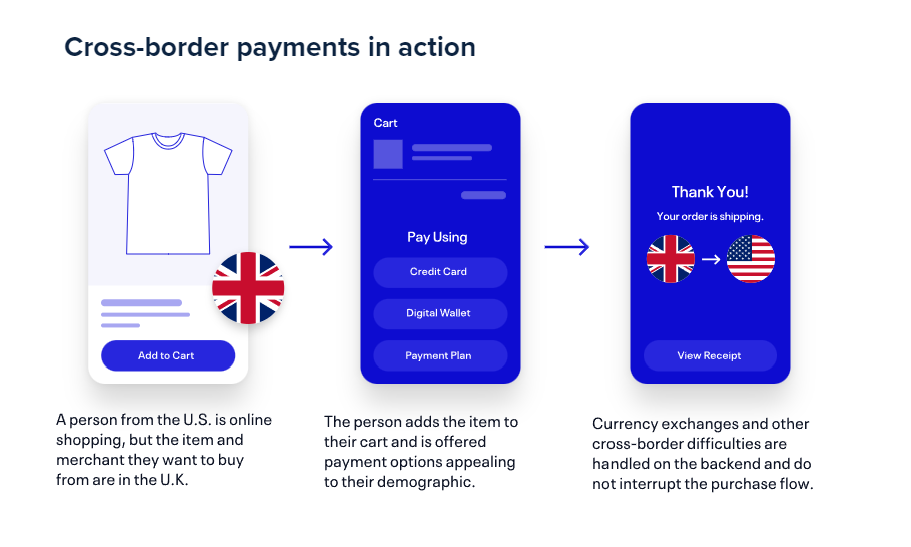
Why so many global payments fail
Many global payments fail due to human error. When payments details are input incorrectly during the payment process, it can often take days, or even longer for the mistake to be corrected, potentially placing relationships with vendors and suppliers in jeopardy.
Some global payment processors only connect with a single acquiring bank. If, for example, this acquiring bank is within the United States, then any payments originating outside of the country are automatically deemed cross-border payments, and this can increase the possibility of them being declined.
Ultimately, your global payment provider should provide merchant services that strategically align with your business goals and values.
In an ideal world, global online payments should be as simple as possible. For example, credit and debit card payments are still the easiest and most popular way for money to be transferred internationally. However, with evolving security protocols, many organizations are switching to contactless payments and digital wallets for secure global payment methods.
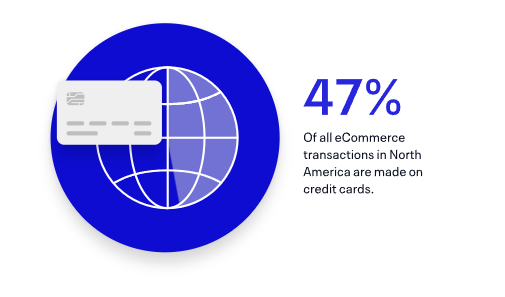
An efficient global payment processing platform will enable you to offer multiple payment options for your international businesses.
Find out how you can make global payments work efficiently
Read our guide to enhancing your global payments system
Tips for processing global payments
-
Ultimately, your chosen platform should also provide seamless global payments integration and the most current features to process overseas payments conveniently and easily.
-
Ideally your transfer provider should have connections with two, three or more acquiring partners, which can reduce the chance of the payments being rejected.
-
The best payments processors will have a broad international payment network, allowing you to process various transaction amounts from a diverse range of countries. But when it comes to deciding which payment processor you'll use, consider factors such as:
-
Whether they have the most up to date payment technology
-
Pricing and transfer fees
-
Compliance and fraud protection
-
Centralized dashboard
4. Importantly, your global payment services provider and your international payment strategy should grow with your business, so that you always have the tools in place to accommodate that growth.
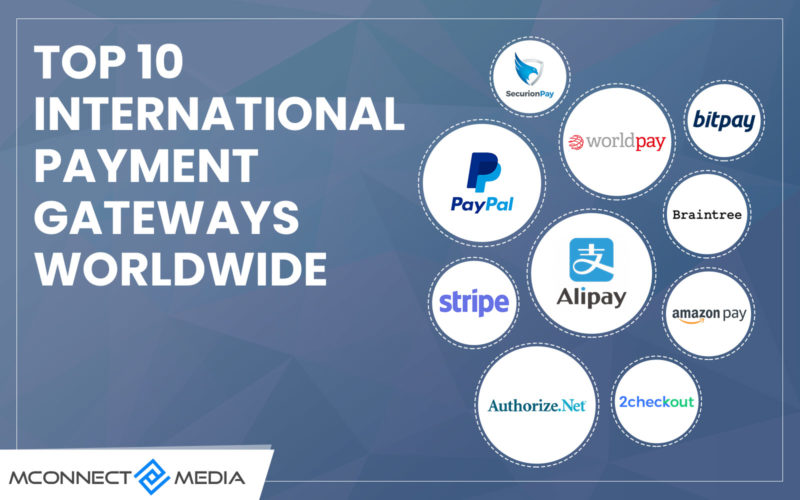
How IR Transact can help
Payment trends are constantly changing, so real-time analytics have never been more important to your payments ecosystem. Without analytics you can't measure and analyze payment data, view growth, and make decisions throughout the payment chain.
The power of data management and analytics is in having the ability to correlate different points of data. This enables organizations to identify security threats and fraud attempts, study metrics to observe patterns and ultimately detect system abnormalities.
Find out how monitoring your payments system with IR Transact can keep organizations on top of emerging technologies and regulatory changes.
Complete visibility into your payment system will turn data into intelligence, assuring safe, efficient domestic and across-border payments now and in the future.
Find out more about secure cross border payments and how IR can help


